After the sun.
When you are on the road with a camper, the possibilities are endless. I like to imagine getting into the car and driving towards one of the four points of the compass. Or I spontaneously look at my weather app and drive after the sun. For me, that's the symbol of being on the road with a camper. Van life at its best. But the reality is somewhat different these days, especially in Central Europe. This freedom to drive off and stop when you're tired or when it's just nice is a thing of the past. Sleeping in the car is now forbidden in many places. On the one hand, local economic interests and administrative law have played a major role. On the other hand, individuals have simply not behaved according to basic decency. So it's a hail of bans.
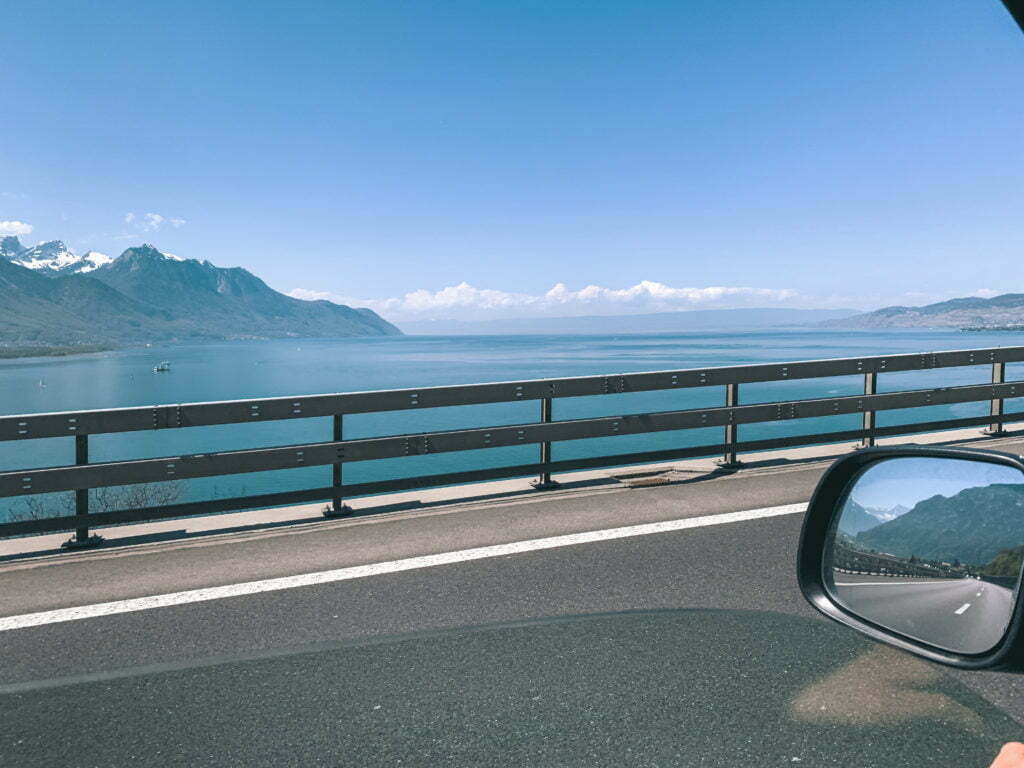
What is the difference between wild camping and free standing?
There is no generally valid or legally recognised definition. One law enforcement officer would say that pitching a tent in the forest is wild camping. The other knocks "wild campers" out of their van at night and hands out the parking ticket. For camping enthusiasts, however, wild camping is limited to sleeping in a vehicle on four wheels. And this is not usually desired or even forbidden. The main argument here lies in administrative law, since in Europe there is an obligation to register with a place of residence - and this is not the case with the mobile camper object, contrary to the motto "Home is where you park it". If, as in Germany for example, the road traffic regulations are added to this, one can at least sleep in the car for one night "to restore fitness to drive". In other countries, however, it is regulated differently from region to region or even banned completely. While no one is interested in enforcing the ban in less touristy Italy, it is said that vehicles have already been confiscated in Croatia. It is therefore extremely important to familiarise yourself with the regulatory requirements for wild camping / camping / free standing before every trip.
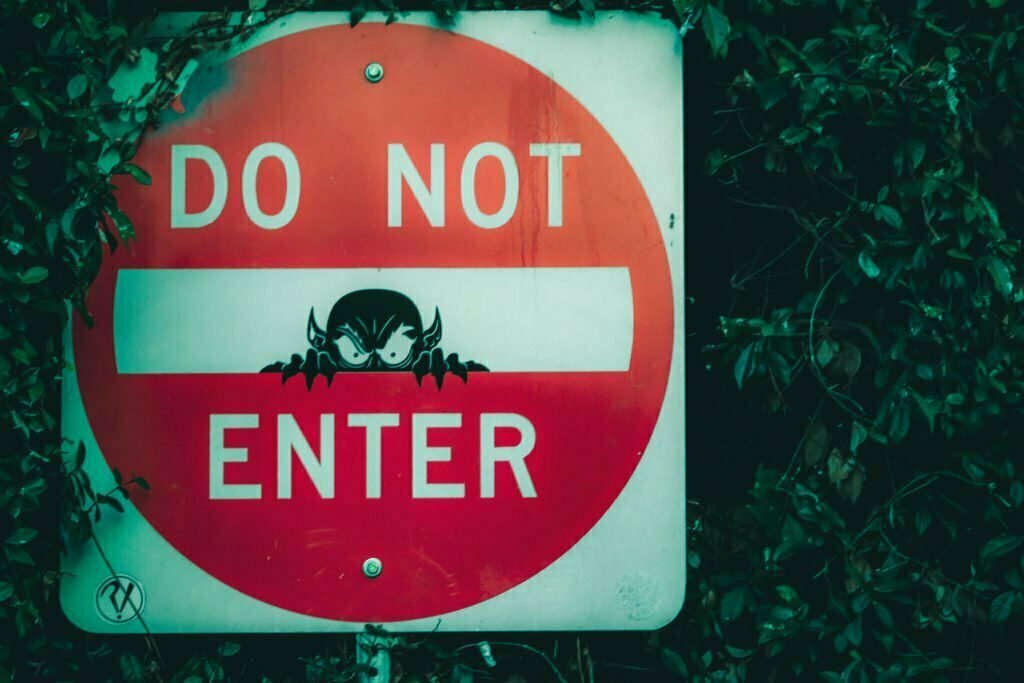
Why do you make it so difficult for yourself and not go to the campsite?
We have already stayed at a few campsites. The campsites of the world range from car parks with toilets to 4-star saunas with gourmet restaurants. There really is something for every taste and budget. But for me personally, the campsite only made sense when I had a specific goal, like paragliding at Lac de Annecy, mountain biking in Vinschgau or climbing at Lake Garda. In other words, if I had planned to stay longer in a region, you don't want to have to move everything back and forth every day. I prefer to enjoy the luxury of running water and Wi-Fi and share a barbecue with the neighbours. As a rule, however, we "travel" or travel through. Every day we look for a new adventure and are on the move. If you plan a multi-pitch with 12 pitches, the best campsite 50 km away is of no use. The luxury of getting up in the morning and just marching off without having to drive first is pure vanlife. On the other hand, the rush to campsites has grown considerably in recent years. On the one hand, from the point of view of tourism development, this is mega that camping, which is sometimes frowned upon, has won new fans again. On the other hand, the campsites are simply full. And I mean full in the sense that I have to book a pitch weeks, if not months in advance. This means that my flexibility to chase the weather is really gone, and sometimes there is nothing else to do than to restore my driving ability at night.

Legality and stealth camping
As mentioned before, free standing is not really legal anywhere. If it is, you're in a pretty dark grey area. Above all, practical apps have helped many people, including us, to find a quiet place to spend the night when passing through. However, the wild campers have also come more into the eye of the law. In some regions, for example in the Lech Valley, whole teams are now out hunting down the illegal free-riders. However, it has to be said that especially in these regions it is simply too much. If a camper stands somewhere inconspicuous in a corner, no one is bothered. However, if a car park in a nature reserve resembles a fully occupied campsite, I don't like it either. At this point, we can only hope that people will finally take responsibility for themselves and that the barrel will not finally overflow.
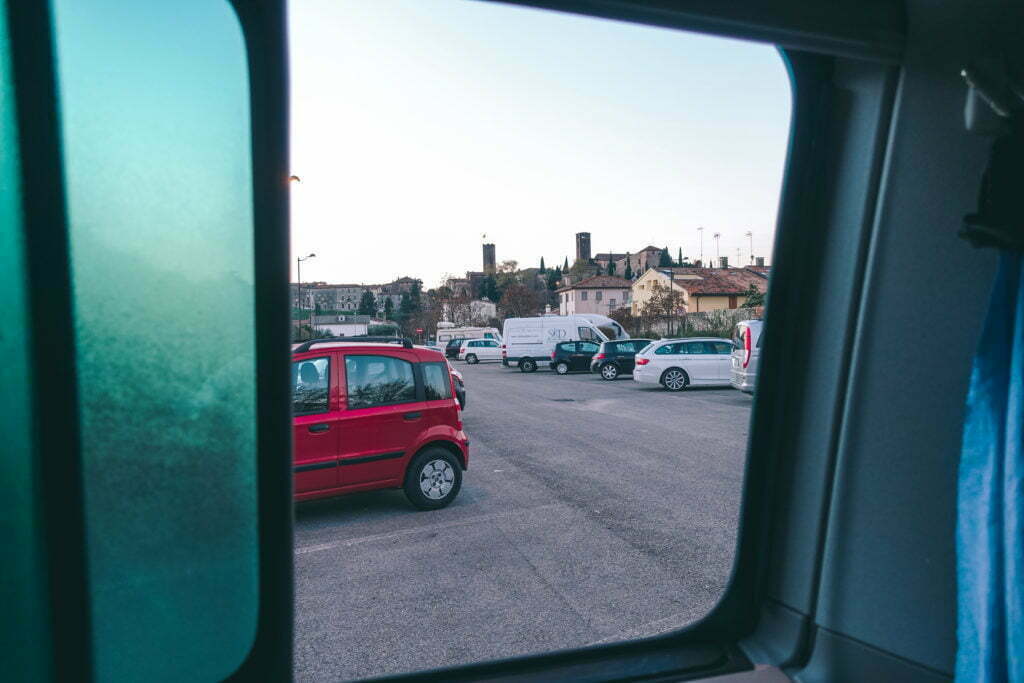
Municipalities in the debt to pay
I have noticed that in communities where there are campsites, there are more prohibition signs than in communities without. To what extent lobbying plays a role here can only be speculated. What is a fact, however, is that in contrast to a registered overnight stay, many municipalities naturally miss out on the visitor's tax and one often hears the argument that campers "don't leave any money". For sure, the traveller with a fully equipped camper will generate less revenue than the hotel guest with full board. But what I wonder is why people don't just take the bird in the hand and offer something for all guests. In Italy, many small towns now have free legal camper parks, some of which even offer water and sanitary facilities. In the evening, you can go out for a pizza and treat yourself to a nightcap on a full stomach. In the Black Forest, you simply set up a parking meter in the otherwise free car park, so that the camper is legally on the road. Just as "motorcyclists welcome" signs were put up after initial scepticism towards bikers, I hope that the municipalities will not only post bans but also recognise the potential in free camping tourism.
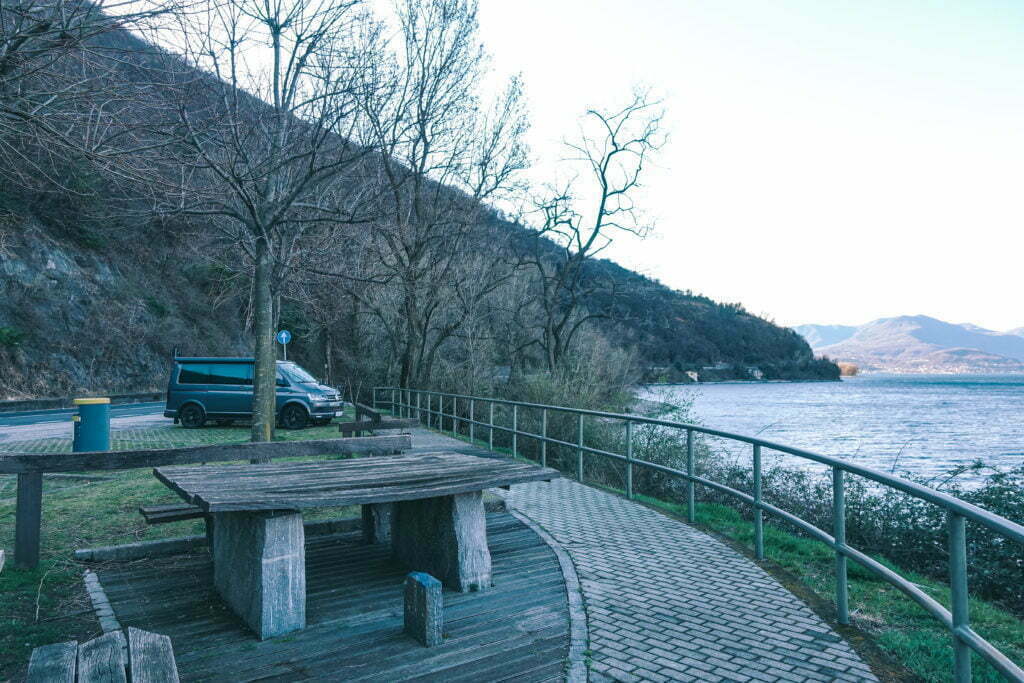
Those who want justice must also fulfil obligations
Without wanting to play the moralizer here, but guys and gals out there: Leave nothing but footprints! I have the feeling that camping tourism in Europe is currently on the brink of collapse. Due to the sheer mass of holidaymakers in recreational vehicles, our infrastructure and local politics are somewhat overwhelmed. A grain of rice can put a butterfly out of business. Therefore, it is all the more important to adhere to basic rules of decency. Abide by local laws. Respect nature reserves. Respect the residents in the immediate vicinity. Do not make a racket. Your living room does not start in front of your car. Do not leave rubbish. Don't dump your black water just because nobody is looking! It would be a shame if a few black sheep spoiled it for the rest of the freedom-loving campers.
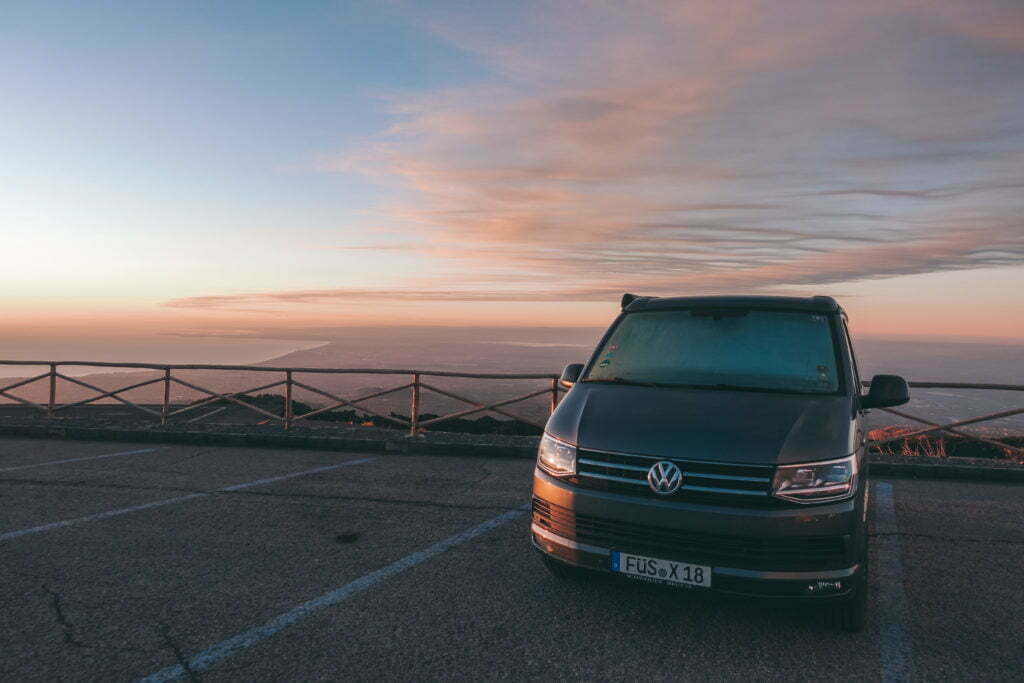
more comments
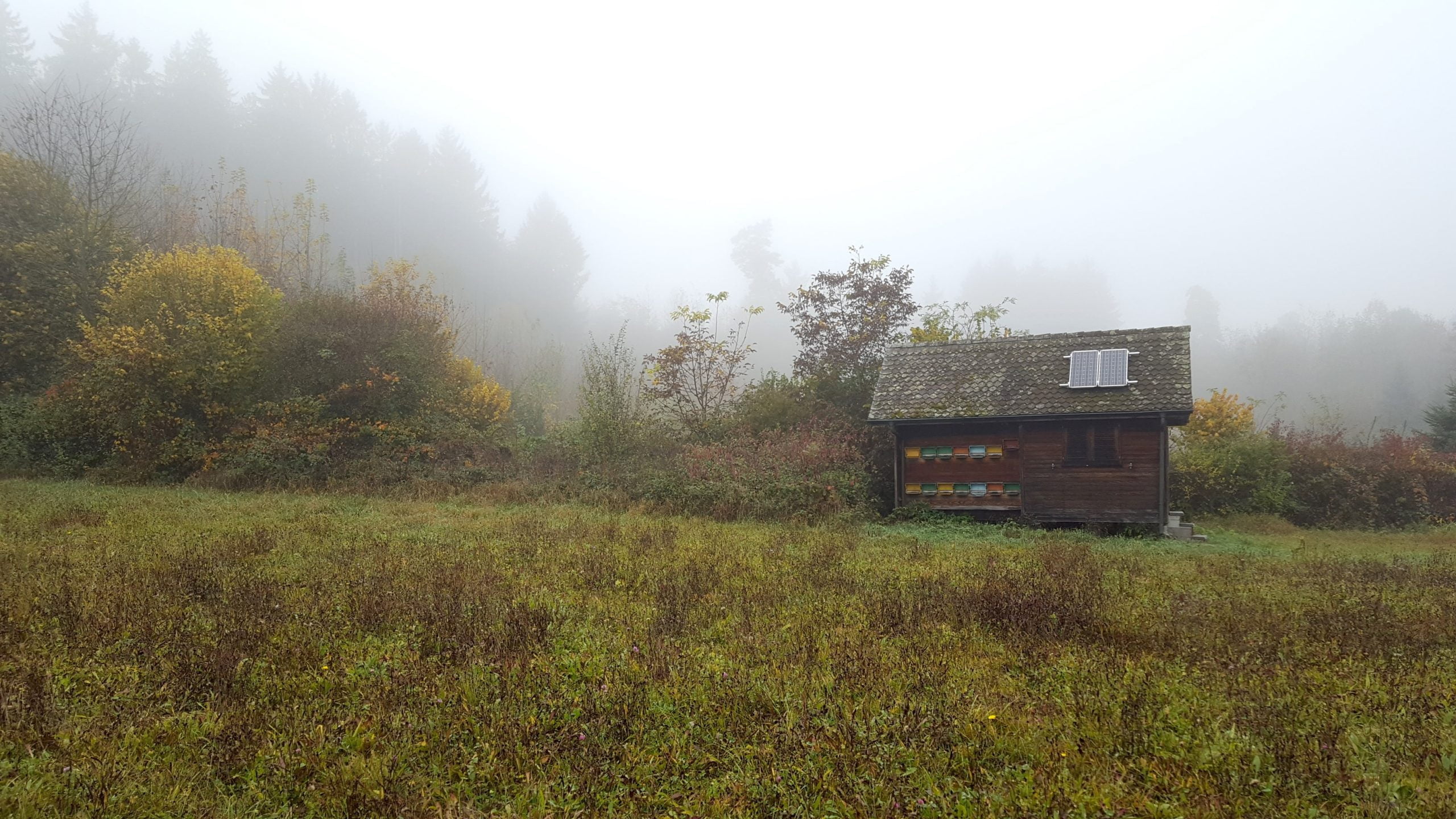
Energy self-sufficient with solar and island system not only for campers
Energy self-sufficient with solar and stand-alone system Not only for campers, but also for mountain huts, alpine pastures, maiensäss or campsites Contents of this article What
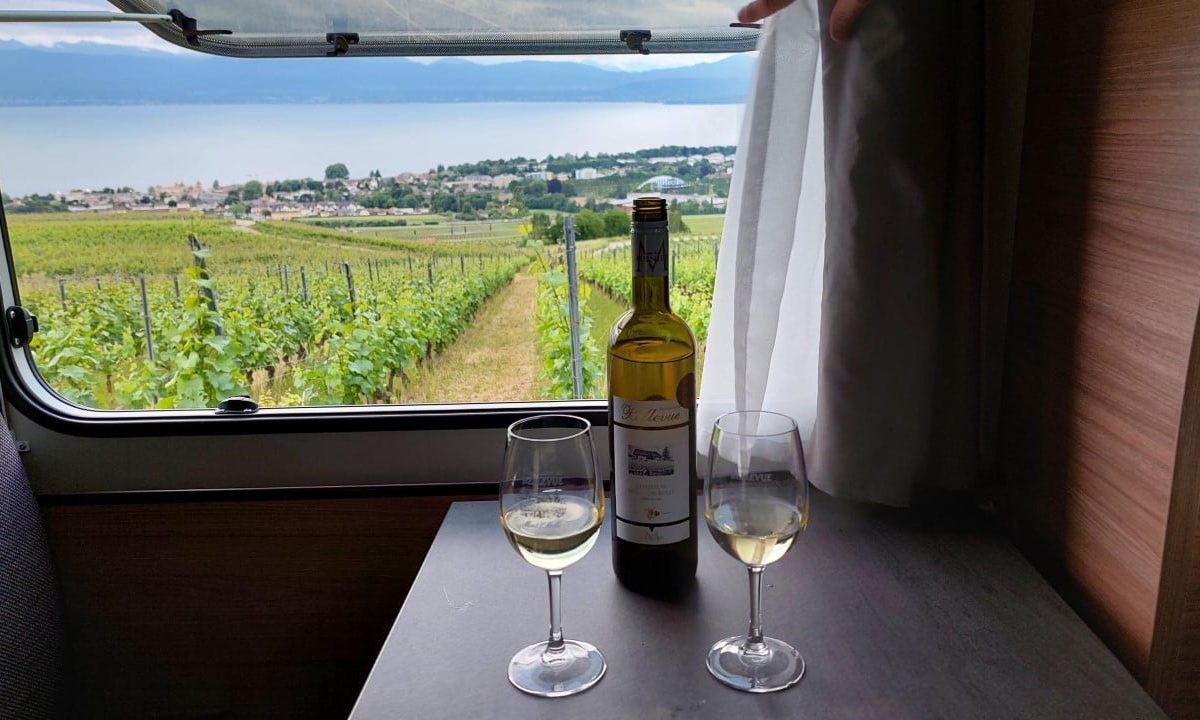
Camping was yesterday, Swiss Hosts is camping of tomorrow
Swiss Hosts is the alternative to camping in Switzerland Camping on a winery, staying overnight at a local cheese dairy and
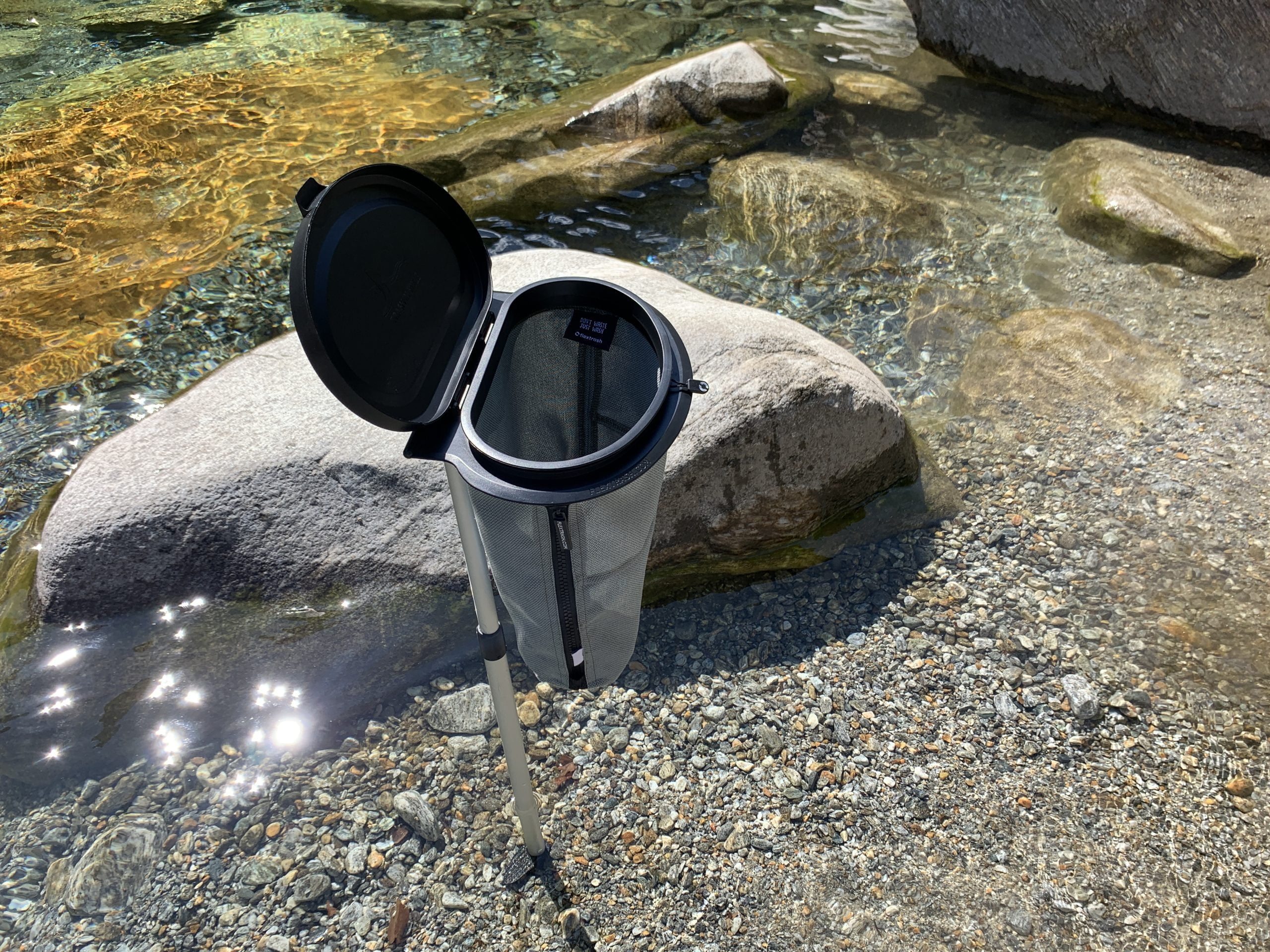
Probably the most versatile bin for campers
Probably the most versatile waste bin for campers The Danish Flextrash - where waste meets bucket! Content of this article The Flextrash
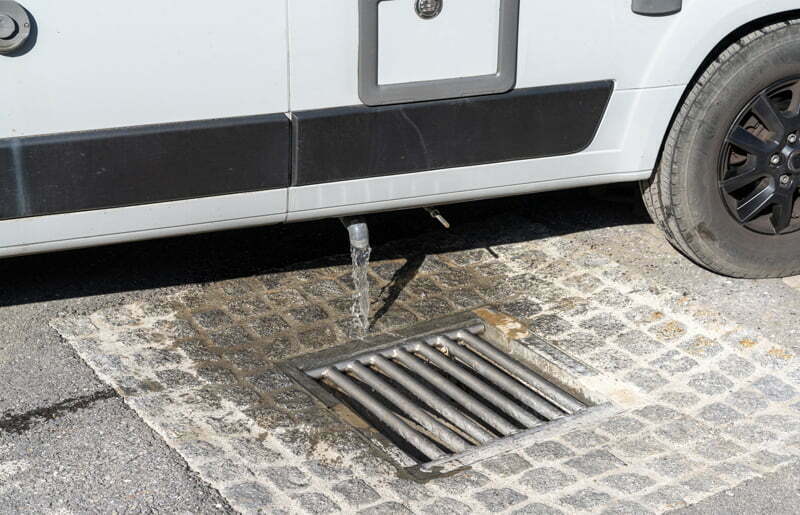
Disposal stations for mobile homes or campers
Disposal stations for mobile homes or campers Briefly on how to deal with fresh, gray and waste water when camping in the camper or mobile home